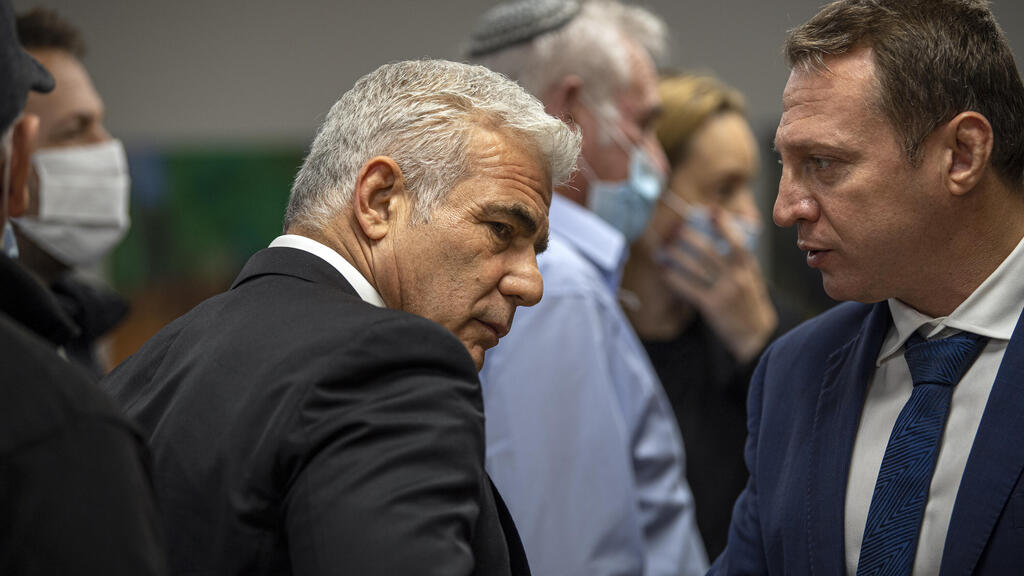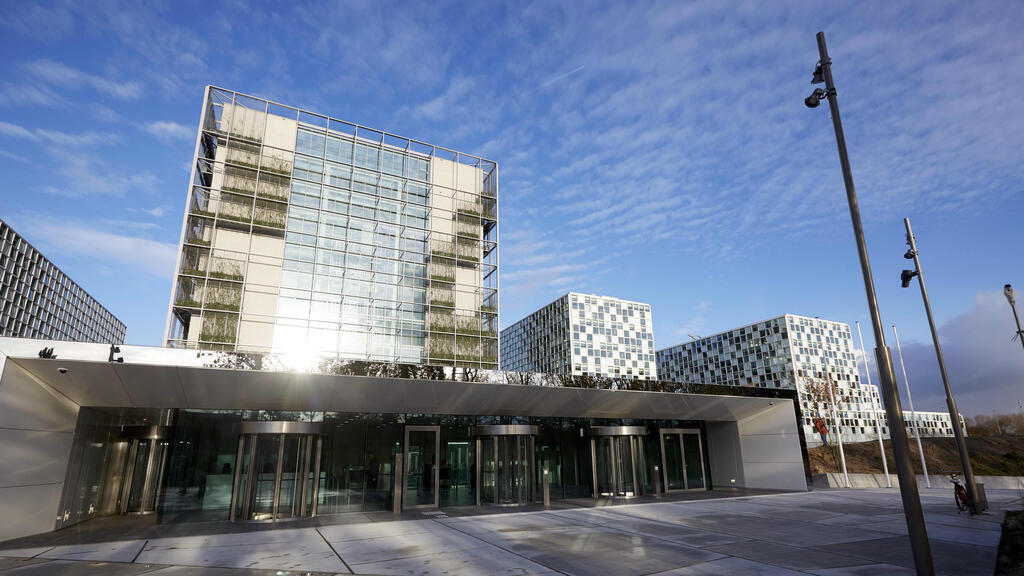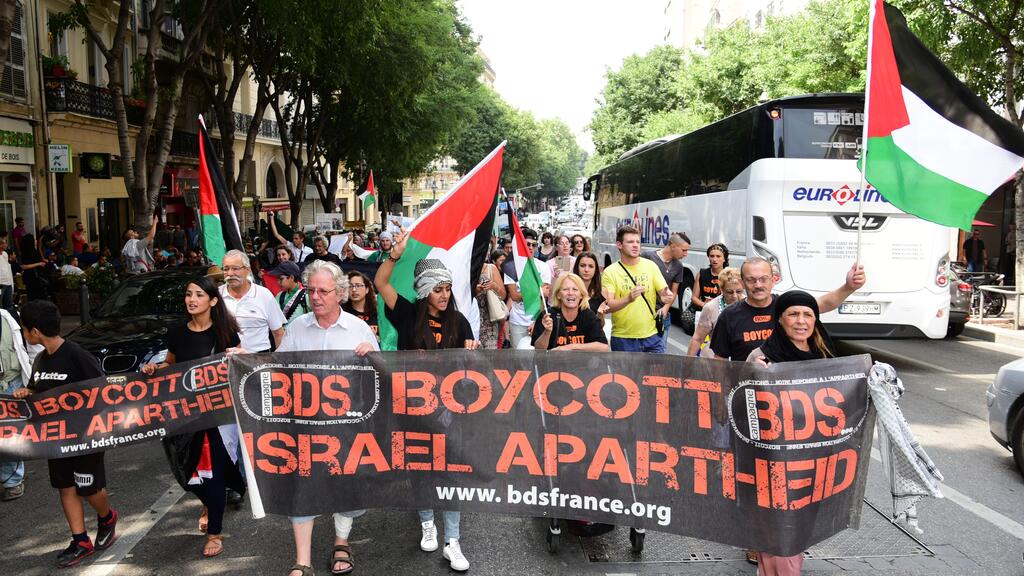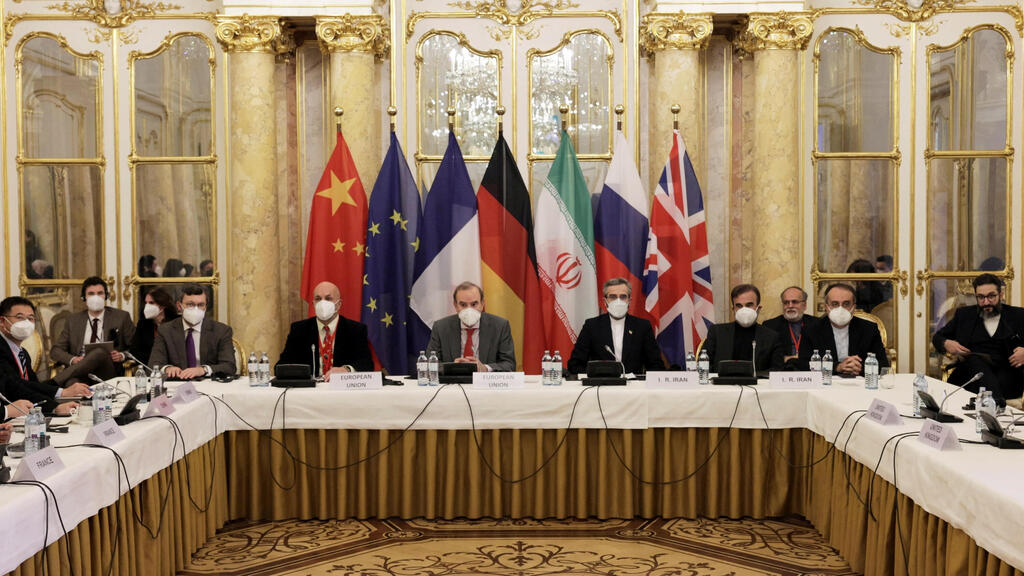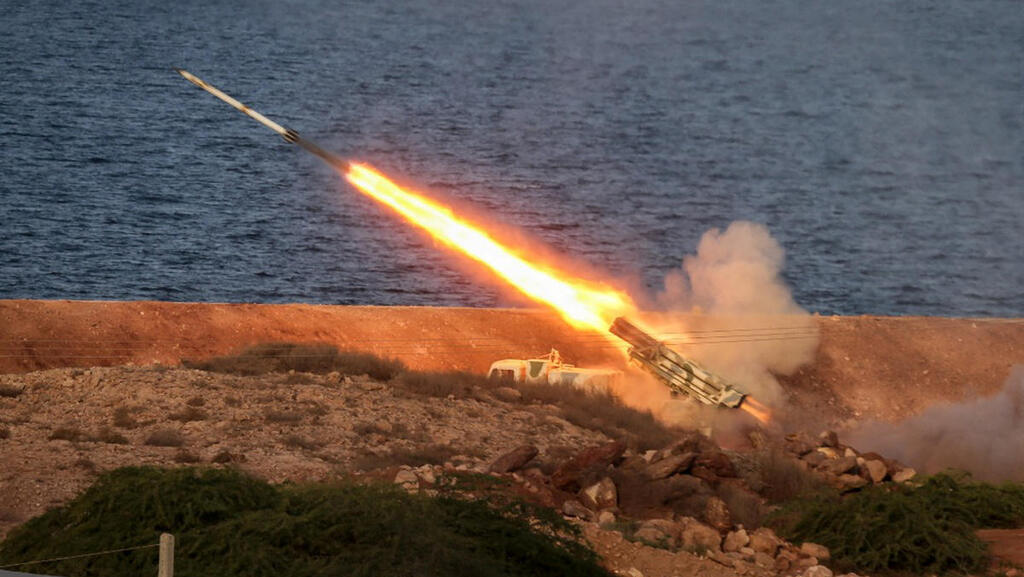Getting your Trinity Audio player ready...
Foreign Minister Yair Lapid said Monday he estimated that in the coming year Israel will be accused by the United Nations of conducting a policy of apartheid towards the Palestinians.
In a briefing with reporters in Jerusalem, Lapid said the impact of such accusations would be felt in international sporting and cultural events and will likely result in efforts to remove Israel from international competitions.
"In my view, without a political process with the Palestinians, things will only get worse," Lapid said.
The minister also said Palestinians would increase their pressure on the International Criminal Court in the Hague to launch an active investigation into Israel's conduct in the territories. This will have direct repercussions for Israeli officials, including military leaders, Lapid said.
He added the Palestinian efforts will likely also be directed at ICC's chief investigator Karim Khan, who last May replaced Fatou Bensouda, considered by Israel to hold pro-Palestinian views.
Lapid told reporters the May 2021 fighting between Israel and the Islamist factions in Gaza was being investigated by a UN commission, which has been given a broad mandate and has no less than 19 dedicated staff.
The first draft of the commission's findings will be published next June and officials in Jerusalem expect that its conclusions will, among other things, name Israel an apartheid state.
In comparison, he said, the Syrian civil war investigation included only 12 staff members and a much lower budget.
The Palestinians also appealed to the UN commission for the prevention of discrimination on the bases of race in 2018, charging Israel was conducting a policy of apartheid towards them.
That commission is due to publish its findings in the course of the year and there too, officials believe, Israel will be described as an apartheid state.
Palestinians had already requested the ICC to formulate their opinion on whether Israel was racist in its West Bank policies, and although such an opinion would not be legally binding, it would provide legitimacy to such an argument.
Lapid said Israel must be careful not to appear to refuse to negotiate with the Palestinians. "This would be factually wrong because the Palestinians speak of advancing a negotiation process on the one hand but appeal to the ICC in the Hague with claims against Israel, on the other."
The minister added the PA was also paying stipends to convicted terrorists.
"Our enemies know how to hurt us and will try to kick us out of international sporting events, which could be very effective across political lines." Lapid said, adding that accusing Israel of apartheid may become a strategic threat.
The minister said the previous government neglected the fight against Boycott, Divestment and Sanctions and the campaign to delegitimize Israel, a matter the current coalition was greatly investing its efforts in.
"The claim that Israel is an apartheid state is a disgusting lie. We are dealing with a bunch of anti-Semites and I do not view this lightly."
During his briefing, Lapid also referred to the Iran nuclear talks in Vienna and said he believed they would ultimately end with some sort of deal.
"I hardly know anyone who believes there would not be some agreement. We laid out our view of what we thought should happen if a deal is not reached, including more sanctions. We wanted our view to be on the table," he said. "It would be surprising if no deal is agreed upon," Lapid said.
The Americans, he said were working towards a deal, even a partial one.
"Our goal is to prevent sanctions being lifted," he said. "Israel has made it clear that if they provide humanitarian aid to Iran – they would enable the regime to divert other funds to their missile program and to terrorism," he said.
"Our goal is to be in the room in order to minimize the damage or to see an agreement that we could live with. War might be necessary.
"I don't want to criticize the previous government in Israel, but they were wrong to remove themselves from the room where decisions on Iran were being made," he said.
The minister said that it was clear that if the Iranians decided to increase its uranium enrichment to 90%, the world would be shaken and return to full sanctions, which is why Israel's policy was to highlight the sanctions issue more than the enriched uranium.
"We are holding discussions to make access to money more difficult. We are also trying to highlight matters that were missing from the 2015 deal, including Iran's missile program and its support of terrorism," Lapid said.
"I don't know what a future deal will include but the Chinese and Russians are leaning more to our side than in the past and we feel we have their attention. Ministry teams are in almost daily contact with the Americans," he said.
Lapid said that although he did not think there would be a better nuclear agreement with Iran, as far as Israel was concerned, by participating in a conversation with world powers, Israel stands to be in a slightly better position.


